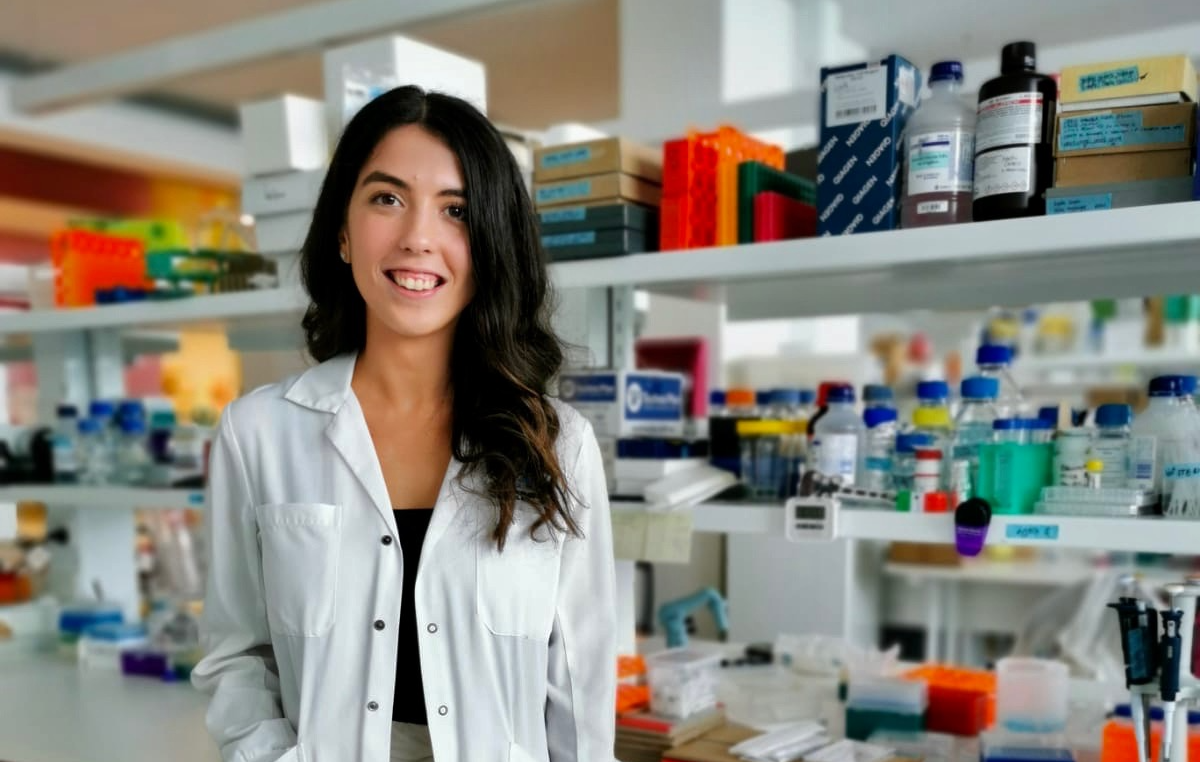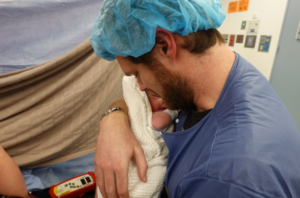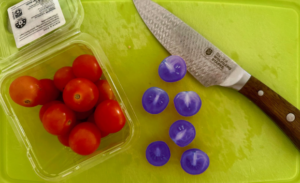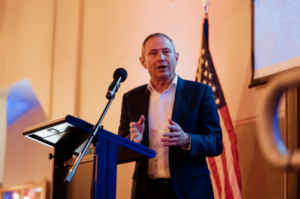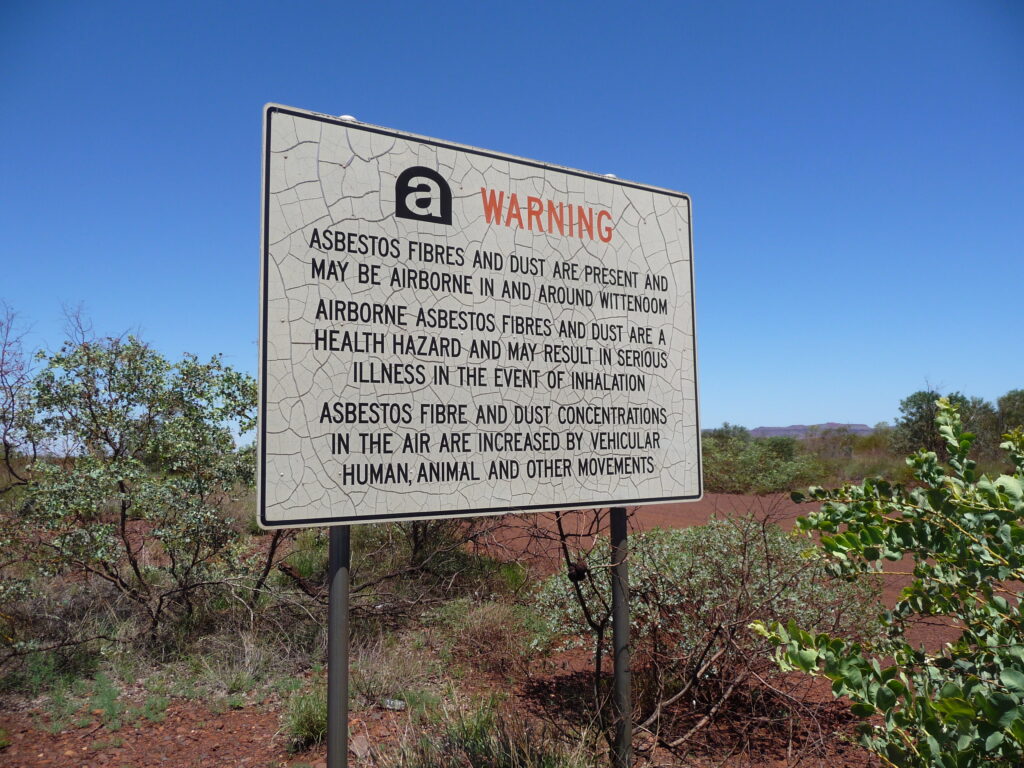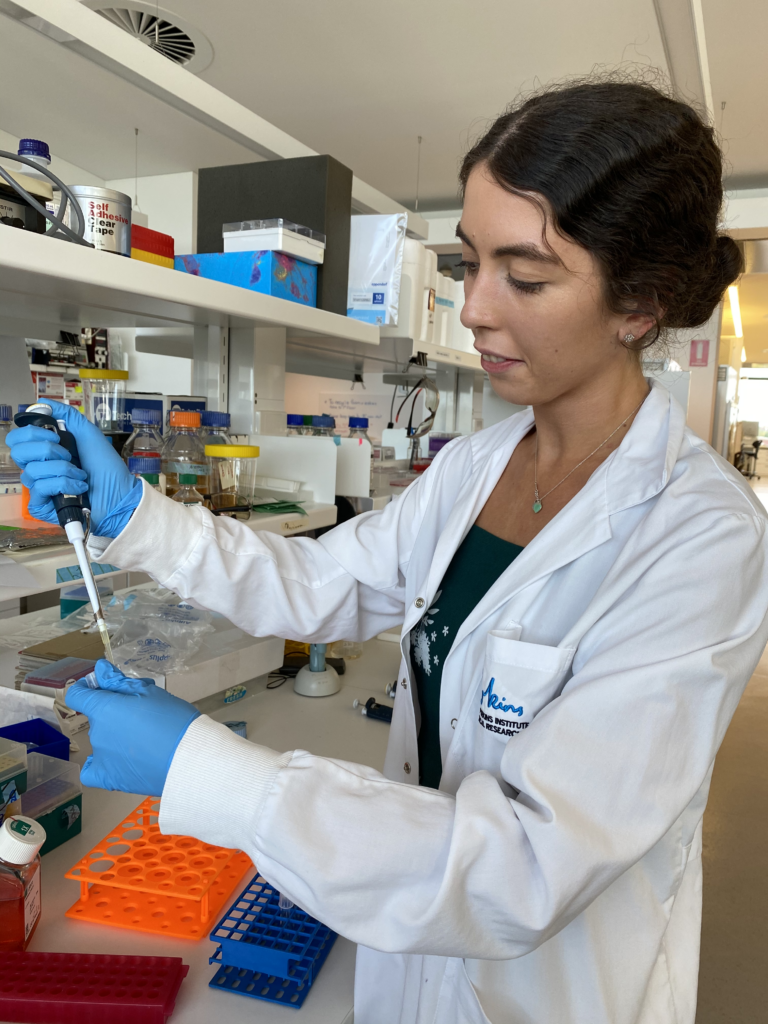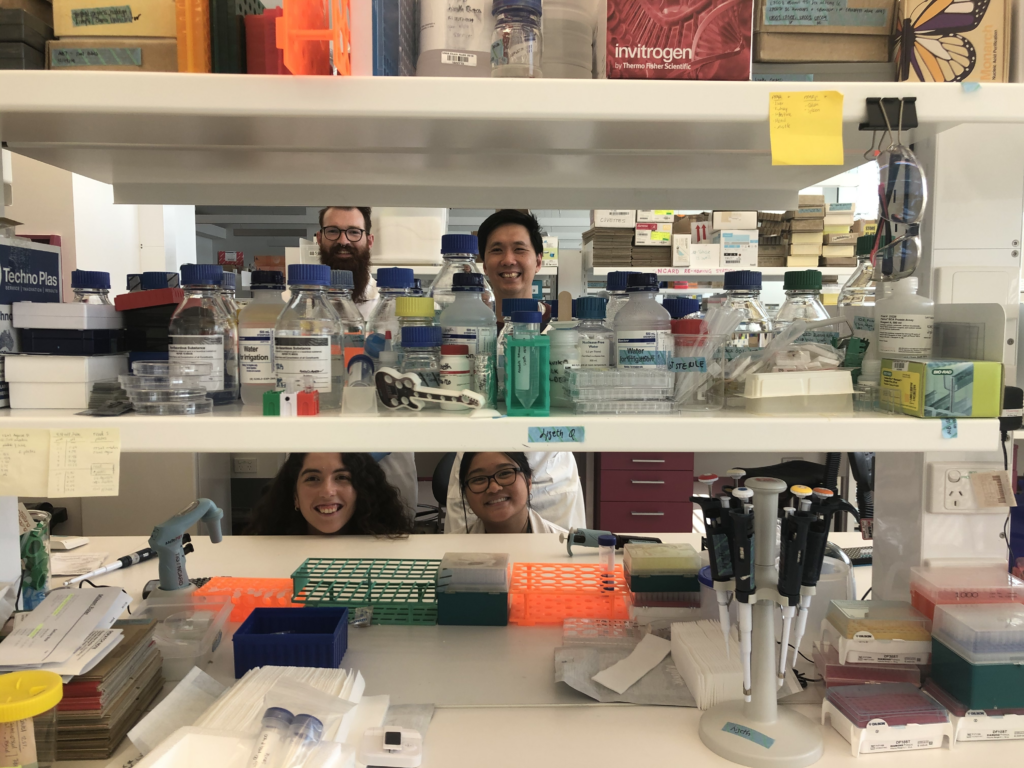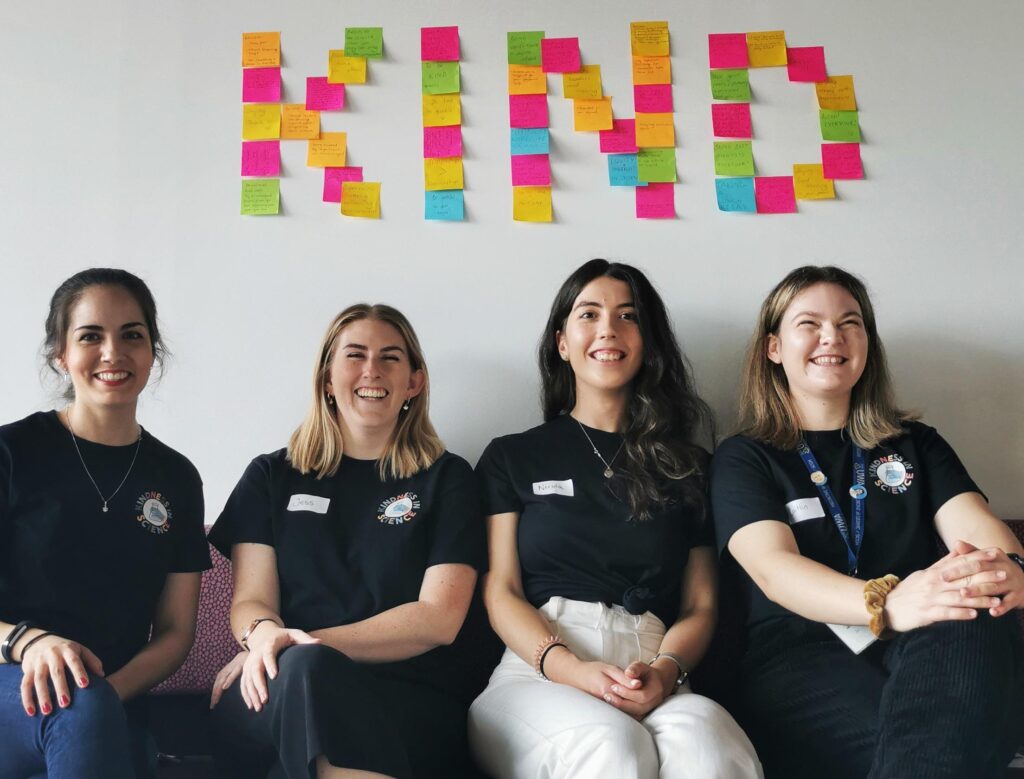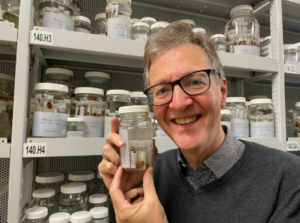The annual WA Premier’s Student Scientist Award celebrates the accomplishments of one esteemed student whose diligent work is making a positive change in science and society. The Student Scientist of the Year Award for 2024 goes to … Nicola Principe!
Nicola is an immunologist and PhD candidate at the University of Western Australia. Her research involves investigating ways to combat an aggressive cancer that is difficult to treat.
“I’m in a lab group called the National Centre for Asbestos Related Diseases at UWA, and we focus on a cancer called mesothelioma,” says Nicola.
“It’s a cancer caused by asbestos, most commonly found in the lining of the lungs.”
WA was once home to one of the world’s largest asbestos mines in the world at the now abandoned town of Wittenoom. Despite asbestos materials being banned decades ago, they’re still present in many older buildings, and asbestos particles pose a serious risk of causing mesothelioma when inhaled.
Nicola’s research looks for ways to boost the body’s natural immune response to the cancer and complement existing chemotherapy treatments.
“My PhD has been focused on harnessing your own immune system to kill the cancer cells,” says Nicola.
“I’ve looked at one specific type of immune cell called T cells.
“New therapies called immunotherapies boost your T cells when they’re in a state of exhaustion, making them more effective at killing the cancer cells.
“Chemotherapy gives your T cells more of a target to attack cancer cells … so my research has been finding which combination of the two gives the best chance of success.”
A LIGHTBULB MOMENT
Nicola’s desire to delve into the complex field of immunology and search for ways to treat aggressive cancers was motivated by personal experience.
“I always wanted to do something that helps cancer patients because I’ve had a lot of family and friends that have been diagnosed with cancer and affected by cancer,” says Nicola.
Her passion for science and immunology was further stoked during high school.
“In high school, my human bio teacher was the best and really pushed me and challenged me to ask questions,” says Nicola.
“When I did my undergrad at UWA and studied biomedical science, I took an immunology unit where we learnt everything about the immune system, and I just thought, ‘Oh my God, this is amazing’.
“That was when I decided, OK, I think cancer immunology is for me.”
KINDNESS IN SCIENCE
Nicola credits much of her success to the support she has received from supervisors and co-workers and appreciates how fortunate she has been.
“My supervisors have been fantastic mentors that have supported me immensely, and so have a lot of other people along the way,” says Nicola.
“So it’s like a prize for everyone, including our collaborators, my supervisors or my fellow PhD students and colleagues, who are all scientists that have inspired me.”
Nicola knows firsthand the benefit a culture of support, acceptance and teamwork can have. Her experience prompted her and her fellow PhD students to establish the Western Australian Kindness in Science initiative.
“There were four of us, and we had a really good community around us in our lab but we saw that research can actually be quite unkind,” says Nicola.
“You put in a lot of hours, sometimes you have to work overtime, and there can be a lot of failures.
“That can impact mental health and wellbeing. So we set up a framework that focuses on scientists being kinder in every facet of their research careers.”
This framework has four key Kindness in Science Pillars:
- Kindness to yourself: practise self-care and increase mental health awareness.
- Kindness to other scientists: foster diverse and equitable research teams.
- Kindness to the community: communicate effectively with non-scientists.
- Kindness to the environment: adopt sustainable lab practices.
The Kindness in Science members hope to “improve the global research environment and create a culture of acceptance, inclusivity, equity, and kindness within and between research groups” by reaching out to the scientific community.
“We do workshops and seminars to try and build a kind community and help people realise that being kind in science is so important and actually improves science outcomes,” says Nicola.
FUTURE HOPES
With such success early in her career, Nicola has no plans to slow down. She wants to see the life-saving cancer treatments she is working on brought into medical use.
“The next part of my career, being a postdoctoral researcher, I really want to push what I found into the clinic,” says Nicola.
“I hope that I can improve cancer patient outcomes directly.”



